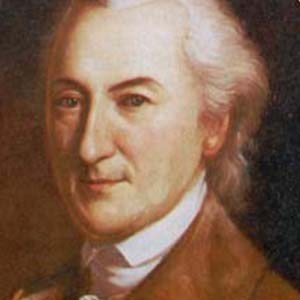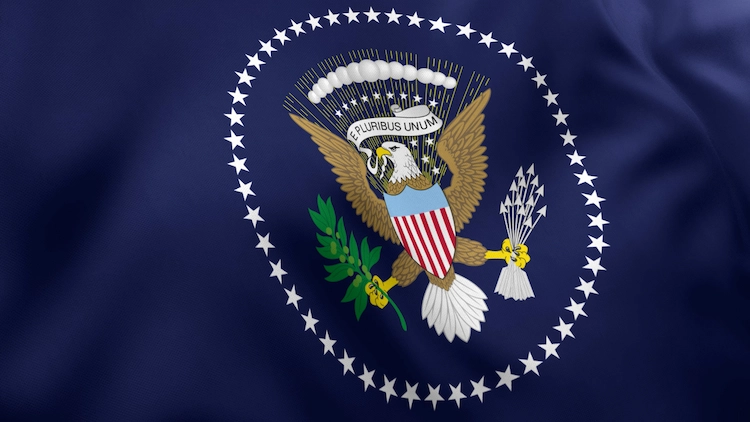John Dickinson is known as the “Penman of the Revolution.” In 1767-68, Dickinson wrote several newspaper articles in the Pennsylvania Chronicle that criticized British taxation of the colonies. The series of articles, which became known as the “Letters from a Farmer in Pennsylvania,” advocated resistance to unfair and tyrannical laws, but also remained optimistic that the issues could be resolved without the use of force.
Early Career
As the colonies moved toward war, Dickinson continued to work towards a peaceful resolution. As a member of the Second Continental Congress, he authored the 1775 Olive Branch Petition, which sought to negotiate with Britain’s king. Despite the failed attempts at reconciliation, Dickinson did not support the colonies breaking away from Britain and voted against the Declaration of Independence. When Congress voted in favor of independence, Dickinson retired from public office and joined the military.
Later Political Career
In 1779, Dickinson returned to public life to serve in the Continental Congress. He chaired the committee that drafted the Articles of Confederation. He later served as President of Pennsylvania from 1782-85. Upon returning to Delaware in 1786, he served as the state’s delegate and chaired the Annapolis Convention.
Dickinson later represented the state at the Constitutional Convention. While he was forced to leave early due to illness, Dickinson served on the Committee on Postponed Matters and played a role in securing the Great Compromise. William Pierce acknowledged Dickinson’s notoriety at the Convention, writing:
Mr. Dickinson has been famed through all America, for his Farmers Letters; he is a Scholar, and said to be a Man of very extensive information. When I saw him in the Convention I was induced to pay the greatest attention to him whenever he spoke.
Because he was unable to attend the final days of the Convention, Dickinson authorized fellow-delegate George Read to sign the Constitution on his behalf. He later wrote public letters advocating ratification under the pen name Fabius.









